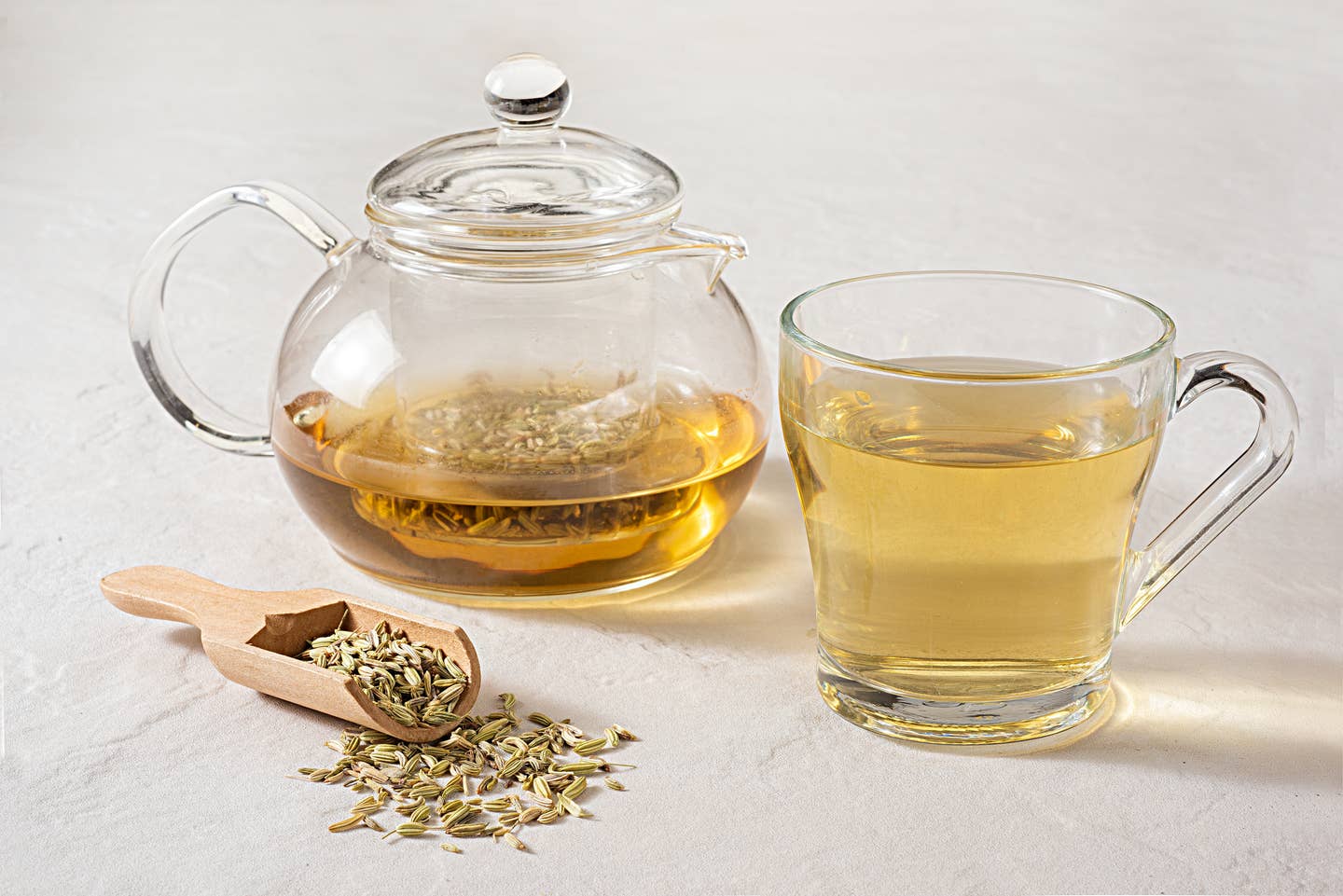
It’s Never Too Late to Get Active to Live Longer, Heart Study Finds
It's never too late to start exercising to reduce your risk of death from heart disease and other causes, according to a new study that shows that taking up activity – even in your 60s – reduces your risk of dying prematurely by 45 percent. Among more than 30,000 patients with heart disease, those who became active later in life decreased their risk of dying by all causes. Becoming active later in life is nearly as beneficial to longevity as remaining active throughout your life, the study found. The lesson being: it's never too late to get moving.
“These encouraging findings highlight how patients with coronary heart disease may benefit by preserving or adopting a physically active lifestyle,” said the study's author, Dr. Nathalia Gonzalez, of the University of Bern, Switzerland.
The research presented at the European Society of Cardiology Congress 2021 was a meta-analysis of 33,575 patients with heart disease whose average age was 62.5 years. They divided patients into groups according to how active they were during the study periods and assessed their risk of death from heart disease and all causes compared to those who were inactive.
The impact of activity on heart disease and mortality:
- Patients who remained active: 50 percent decreased risk of death
- Patients who were inactive but became active: 45 percent decreased risk of death from all causes and 27 percent decreased risk of cardiovascular death
- Patients who had been active but became inactive: 20 percent decreased risk of death
“The results show that continuing an active lifestyle over the years is associated with the greatest longevity. However," even more significantly, Dr. Gonzalez said, "patients with heart disease can overcome prior years of inactivity and obtain survival benefits by taking up exercise later in life.
"On the other hand, the benefits of activity can be weakened or even lost if activity is not maintained. The findings illustrate the benefits to heart patients of being physically active, regardless of their previous habits.”
How to get active for your heart and overall health
We all know that we should be moving every day, and many of us make efforts to count our steps or set reminders to get up from the sofa and move, since sitting for too long – either at work or home – is associated with increased risk of dying from diseases such as diabetes, cancer, and heart disease. While it's important to move more throughout the day, people should also make an effort to engage in exercise regularly throughout the week.
In the latest study, being active generally meant that people were doing what health experts recommend — at least 150 minutes a week of moderate-intensity, or 75 minutes a week of vigorous activity, or a combination of both.
How to stay active or get active at any age
Studies have found that doing exercise that you enjoy is the key to sticking with it, and that accountability to a group or even an app can help. Some people love running and others prefer a dance class or boot camp. Whether it's a team sport like soccer, going hiking, doing Pilates or yoga, or an online coached spin class, the main message is to keep active every day, especially with activities that get your heart rate up. Doing an activity that motivates you also helps you stick with it, and enlisting an exercise buddy or personal trainer can be helpful.
Older adults should add in balance training as well as aerobic and muscle-strengthening since you lose muscle mass as you age. Strength training can also decrease the pain of osteoarthritis by 35 percent according to one study. Anyone with a chronic condition that affects their ability to exercise should check with their doctor and find activities their condition allows.
Add a plant-based diet to exercise for a winning combination
To maximize the health benefits of exercise, add more plant-based foods to your diet, for a winning longevity combination. According to a study on healthy aging by Neal Barnard, MD, founder of the Physicians Committee for Responsible Medicine (PCRM), and his colleagues, a plant-based diet reduces the risk of metabolic syndrome and diabetes by 50 percent, heart disease by 40 percent, and cerebral vascular disease by 29 percent. "To tackle the challenges of an aging population, we have no choice. We must address the major lifestyle risk factors, such as smoking, lack of physical activity, and, most of all, poor diet,'' says Barnard.
The Blue Zones studies show that people in different parts of the world who live to the oldest agest (even 100 years old) have a plant-forward diet in common. They favor eating beans and legumes such as fava beans, black beans, and soybean products as the cornerstone of their diet rather than meat. They also manage to regularly stop eating when 80 percent full. These centenarians also move as part of their everyday routine, by growing gardens and avoiding mechanical conveniences for tasks such as house and yard work.
The Bottom Line: Even in your 60s, it's never too late to get active to live longer
If you're active, keep moving and if you haven't started yet, it's never too late to get active, to reap the benefits to your heart and overall health. Add rigorous activity to your daily routine and mix it up to include strength and cardio training. Eating more plant-based foods accentuates the health benefits of exercise, providing antioxidants and nutrients for heart health. Start now and you may look forward to joining the centenarian club.
More From The Beet






